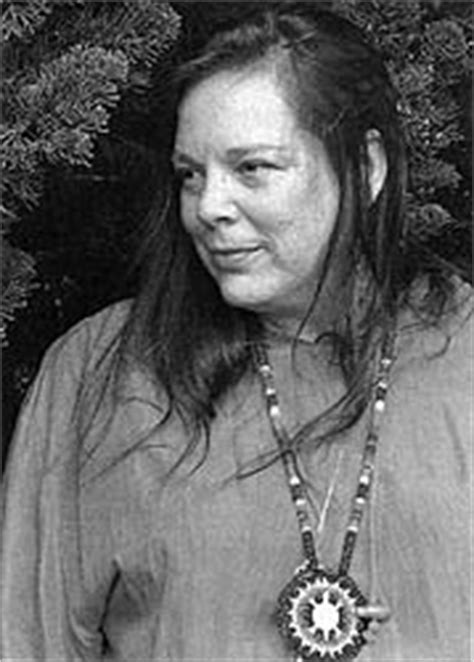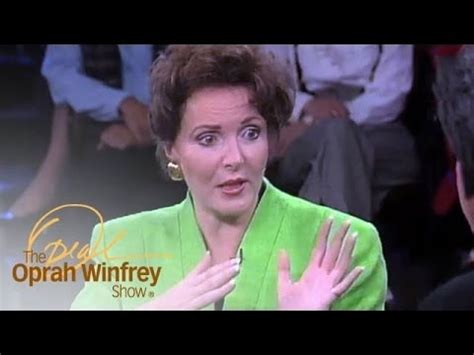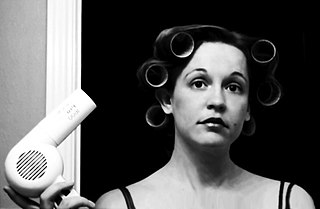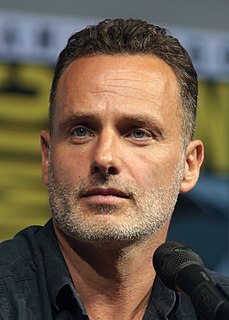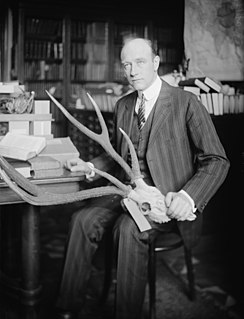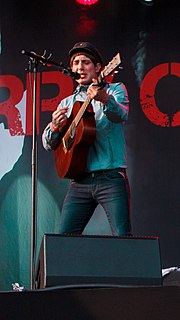A Quote by Ian Hacking
The walking wounded, impaired in life and dissected in death, were our primary clues to where and how parts of the brain work.
Related Quotes
The key question is, no matter how much you absorb of another person, can you have absorbed so much of them that when that primary brain perishes, you can feel that that person did not totally perish from the earth... because they live on in a 'second neural home'?... In the wake of a human being's death, what survives is a set of afterglows, some brighter and some dimmer, in the collective brains of those who were dearest to them... Though the primary brain has been eclipsed, there is, in those who remain... a collective corona that still glows.
Nobody escapes being wounded. We are all wounded people, whether physically, emotionally, mentally, or spiritually. The main question is not, 'How can we hide our wounds?' so we don't have to be embarrassed, but 'How can we put our woundedness in the service of others?' When our wounds cease to be a source of shame, and become a source of healing, we have become wounded healers.
But how to know the falsity of death? How can we know there is no death? Until we know that, our fear of death will not go either. Until we know the falsity of death, our lives will remain false. As long as there is fear of death, there cannot be authentic life. As long as we tremble with the fear of death, we cannot summon the capacity to live our lives. One can live only when the shadow of death has disappeared forever. How can a frightened and trembling mind live? And when death seems to be approaching every second, how is it possible to live? How can we live?
In the [first] fifteen years [of field work] I can remember just ten times when I had really narrow escapes from death. Two were from drowning in typhoons, one was when our boat was charged by a wounded whale; once my wife and I were nearly eaten by wild dogs, once we were in great danger from fanatical lama priests; two were close calls when I fell over cliffs, once I was nearly caught by a huge python, and twice I might have been killed by bandits.
By 'coming to terms with life' I mean: the reality of death has become a definite part of my life; my life has, so to speak, been extended by death, by my looking death in the eye and accepting it, by accepting destruction as part of life and no longer wasting my energies on fear of death or the refusal to acknowledge its inevitability. It sounds paradoxical: by excluding death from our life we cannot live a full life, and by admitting death into our life we enlarge and enrich it.
It's the way I feel about acting. That we are given clues by a writer about someone's essence or persona and it's our job to try to figure out which of those clues are true, which of clues we decide to follow and which of those clues we think are red herrings, or only in the way another character thinks of that character.
Happiness is not like we were walking around fingering razor blades or anything like that. But it just sort of seems as if - we sort of knew how happy our parents were, and we would compare our lives with our parents and see that, at least on the surface or according to the criteria that the culture lays down for a successful, happy life, we were actually doing better than a lot of them were.
In our young minds houses belonged to women were their special domain, not as property, but as places where all that truly mattered in life took place - the warmth and comfort of shelter, the feeding of our bodies, the nurturing of our souls. There we learned dignity, integrity of being; there we learned to have faith. The folks who made this life possible, who were our primary guides and teachers, were black women.
In industry, we are now concentrating our best effort in trying to make plants work at a maximum capacity, trying to replace the equipment which is in bad conditions due to lack of spare parts from the U.S.., that we cannot get from the U.S.; to extend our industry later on the basis of our primary resources. And to lessen our dependence on external markets and dedicate our efforts in 1965 to the aspect of security and hygiene of work, to make our plants better for the worker: that the worker may feel really a man there.


